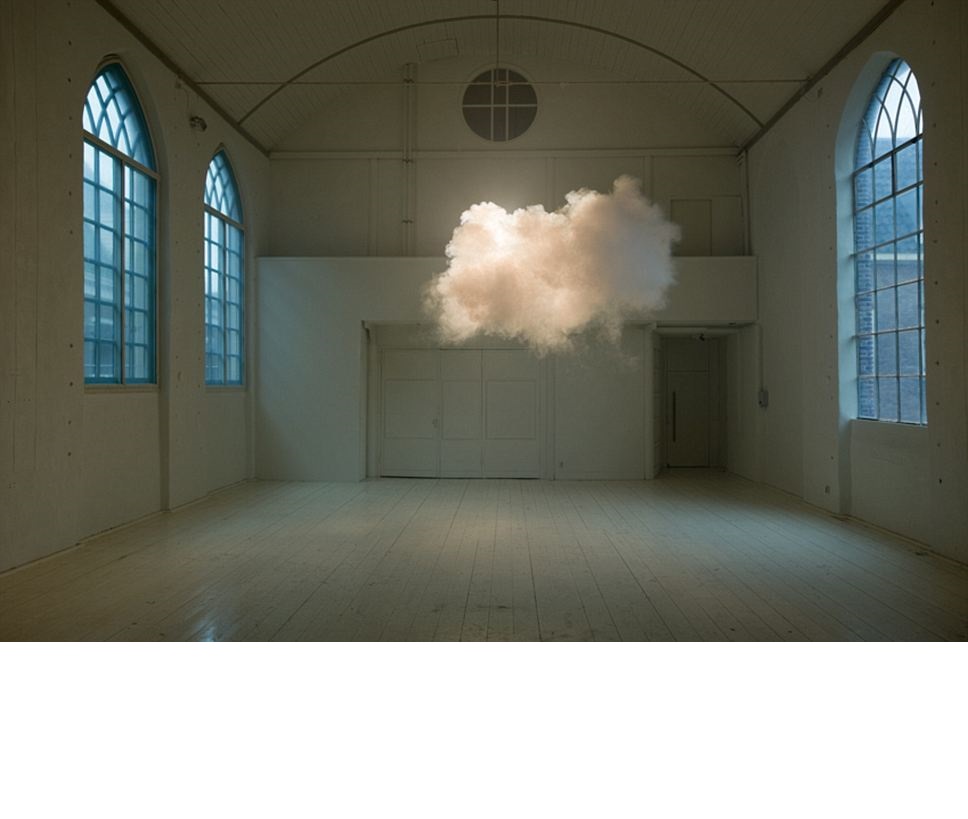Lo spazio logico della contraddizione
(The Logical Space of Contradiction)
DOI:
https://doi.org/10.13135/2038-6788/9284Keywords:
Aristotle, G. Priest, Heidegger, Meinong, N. Vasil'ev, Principle of Non-Contradiction, SpaceAbstract
This paper interprets the criticism of the principle of non-contradiction (whose itinerary is retraced especially in G. Priest and N. Vasiliev) as a way to make space. It is difficult that a blue surface may also be red, and thus non-blue, at the same time and in the same respect. Nevertheless, this is exactly what several forms of trans-consistent logical forms advance. Logic usually does not have the strength to become philosophy. It does not question how being should be in order that the principle of non-contradiction may be suspended (at least in some cases); or in order that it may maintain its validity as a local and subordinate principle. Yet precisely the link between principle of non-contradiction and ontology of substance characterizes Aristotle’s metaphysics. The hypothesis that the essay advances is that different forms of imaginary logic may find their ontological anchorage in a metaphysics of the addition in which being is meant as being-more-than-itself, and thus as being* (or being+). When being is in a state of addition, being is characterized by an emancipatory dynamic: ever since the outset it finds itself confronted with issues of space and scarcity of available resources; ever since the outset it provides/invents an additional space–not outside but inside itself.


